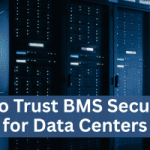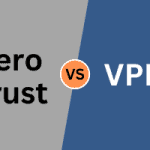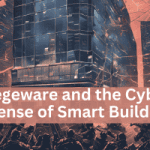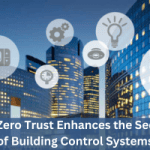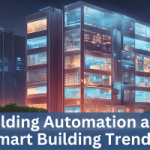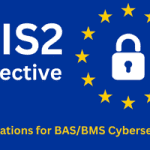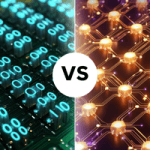Posts by Veridify Security
Zero Trust Security for Building Management Systems in Data Centers
Data centers are an essential part of modern infrastructure, and downtime can result in disruption of services, reputational damage, and significant financial losses. According to the Uptime Institute Annual Outage Analysis for 2024, power issues are consistently the most common cause of serious and severe data center outages, but 13-19% of data center failures were…
Read MoreZero Trust vs Remote Access VPN for Building Control Systems
Zero Trust architecture fundamentally transforms how organizations secure their building automation networks by addressing the inherent vulnerabilities of traditional remote access VPN-based security. What is a Remote Access VPN? A remote access virtual private network (VPN) enables users to connect to a private network remotely. This kind of VPN is used by employees or…
Read MoreSiegeware and the Cyber Defense of Smart Buildings
The Birth of Siegeware The concept of siegeware emerged around 2017-2018 [1] as a specific cybersecurity threat targeting smart buildings and their automated systems which are also known as operational technologt (OT). The emergence of siegeware as a concept coincided with the rapid growth of smart building technologies and the Internet of Things (IoT) in…
Read MoreCommercial Real Estate Cybersecurity Governance and Best Practices
Commercial real estate (CRE) companies are increasingly recognizing the critical importance of robust cybersecurity governance and best practices. As the industry embraces digital transformation and smart building technologies, the cybersecurity landscape has become more complex and fraught with risks. This article explores key aspects of cybersecurity governance and best practices for the commercial real estate…
Read MoreHow Zero Trust Enhances the Security of Building Control Systems
Zero Trust architecture significantly enhances the security of building control systems by implementing a comprehensive approach that assumes no implicit trust, regardless of the network location. This model is particularly beneficial for Building Automation Systems (BAS) due to their interconnected nature and vulnerability to cyberattacks. Key Benefits of Zero Trust for Building Control Systems…
Read MoreAHR Expo 2025 Event Preview
Veridify Security will be exhibiting at the AHR Expo 2025 in Orlando at booth 1489. Verdify will be exhibiting a live demo of DOME™, a building automation cybersecurity platform that protects both new and existing building automation devices. The demo platform will showcase: DOME Sentry™ devices protecting an unprotected building thermostats and controller DOME Sentry…
Read MoreHow AI is Transforming Building Automation Systems and Smart Buildings
Artificial Intelligence (AI) is revolutionizing building automation systems (BAS) and Smart Buildings in several profound ways, enhancing efficiency, sustainability, and occupant comfort. Here are some key transformations: Predictive Maintenance AI algorithms can analyze data from various building systems to predict equipment failures before they occur. This predictive maintenance allows for proactive servicing, reducing downtime,…
Read MoreBuilding Automation and Smart Building Trends
Several key trends are shaping the future of building automation and smart buildings, driven by technological advancements, increasing demands for efficiency, and the need for sustainability. Here are some of the most significant trends: Integration and Interoperability: Building automation systems (BAS) are moving beyond traditional silos to integrate sensor information across various building systems. This…
Read MoreEU NIS2 Directive and Implications for BAS-BMS Cybersecurity
The EU NIS2 Directive (Network and Information Security 2 Directive), which replaces the original NIS Directive, aims to strengthen cybersecurity requirements across critical sectors, including energy, healthcare, transportation, and digital infrastructure. While not explicitly focused on building automation systems (BAS), its implications for such systems are significant, particularly for facilities considered critical infrastructure. Key Implications…
Read MoreQuantum Computing is Decades Faster than the Best Supercomputers
Quantum computers represent a profound leap in computational capabilities, fundamentally different from traditional supercomputers. While supercomputers rely on traditional binary logic, quantum computers exploit the principles of quantum mechanics, enabling them to compute certain problems exponentially faster. Performance of Supercomputers vs Quantum Computers In 2023 Google scientists reported in a study that it completed a…
Read More
